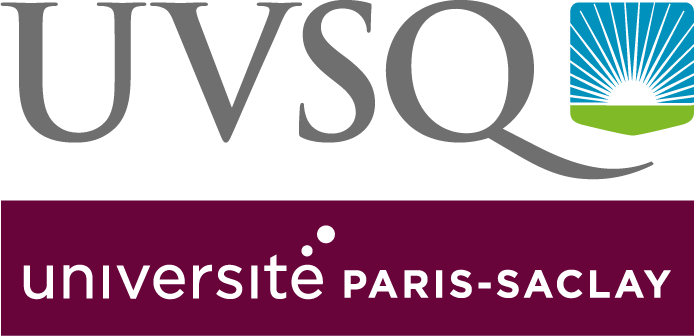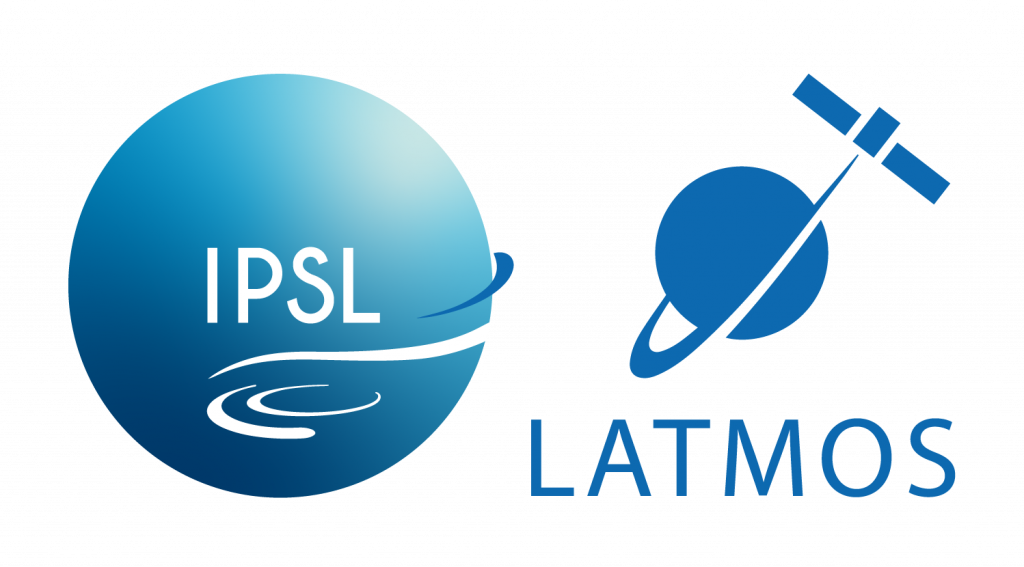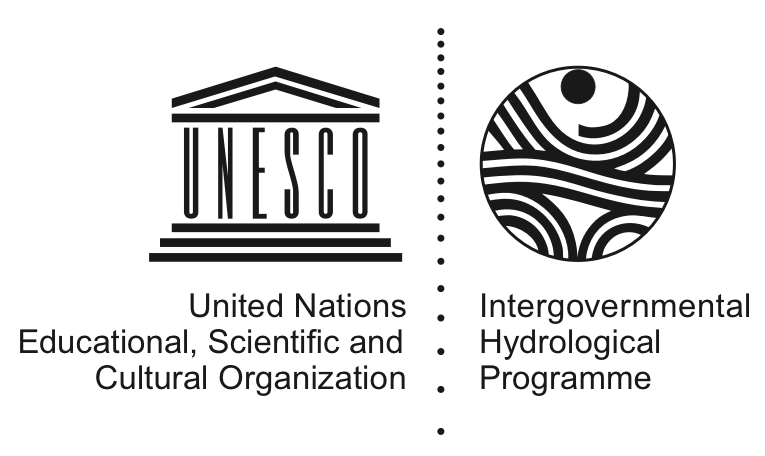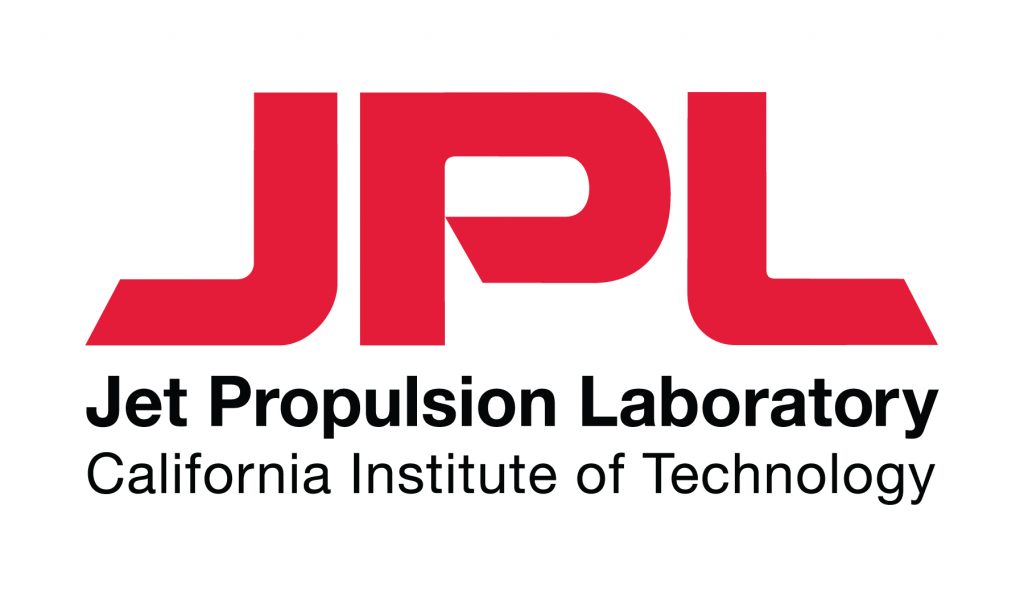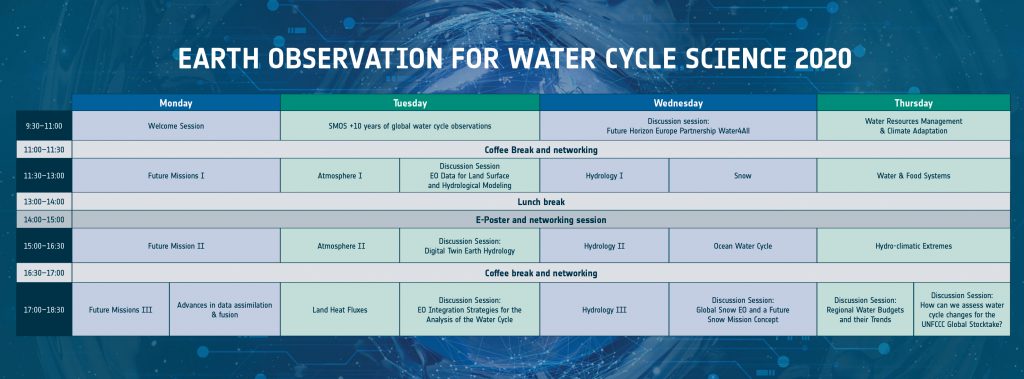All times are displayed in Europe/Rome CET (UTC+1) time zone.
Background
In the coming decades increasing population will drastically rise the demand for freshwater. Today, more than 600 million people lack access to safe drinking water and estimates show that with current practices, the world will face a 40% shortfall between forecast demand and available supply of water by 2030. Needs to increase agricultural production will significantly impact water withdrawals and will increase stress on people living in regions already suffering from water scarcity. The shortfall will be further exacerbated by the expected environmental changes associated to global warming and hydro-climatic extremes impacting people and ecosystems especially in most vulnerable regions.
Recent advances in Earth observation (EO) by satellites have improved global observations of several key variables of the global water cycle. This capacity will significantly expand in the coming years with the advent of novel mission and sensors (e.g., new Sentinel missions, novel Earth Explorers, new generation of meteorological satellites, new National and international missions, commercial and new-space satellites and constellations) offering a unique and unprecedented opportunity to advance our knowledge of the Earth system, its dynamics and interactions with human activities.
This Conference aims at reviewing the latest advances in the use of EO technology for scientific questions related to the water cycle and its applications, exploring the potential offered by the coming EO as well as the main challenges and opportunities for the coming decade.
The ultimate target of the event is to contribute to define a scientific agenda that may drive future scientific activities of ESA and other space agencies and partners in the coming few years. The Conference is open to EO scientists, water researchers and students, modellers, Earth system and climate scientists, industry, operational agencies, policy makers, representatives of local communities and other stakeholders interested in sharing their knowledge and experience and in contributing to drive the scientific agenda for advancing EO water research and applications.




